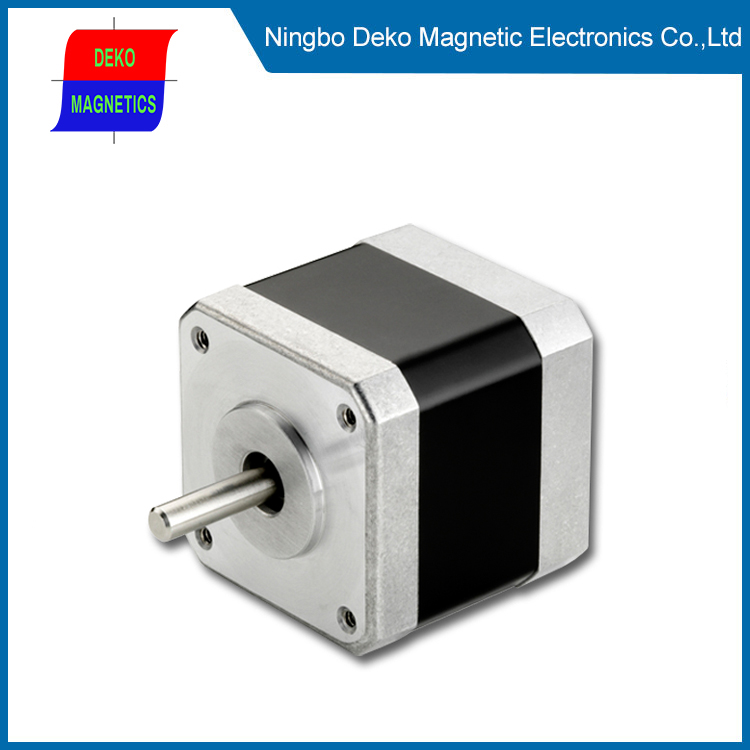Key points related to magnet motors
2023-11-23
There are various types of magnet motors, and they are commonly used in different applications due to their efficiency and other advantages. Here are some key points related to magnet motors:
1. Permanent Magnet Motors: These motors use permanent magnets, often made of materials like neodymium iron boron (NdFeB) or samarium cobalt (SmCo), to create a magnetic field. Permanent magnet motors are known for their high efficiency and power density.
2. Types of Magnet Motors:
- Brushless DC (BLDC) Motors: BLDC motors use permanent magnets on the rotor and are widely used in applications like electric vehicles, drones, and computer hard drives.
- Synchronous Motors: These motors have a rotor with permanent magnets and operate in synchronization with the frequency of the applied voltage. They are often used in high-performance applications.
3. Advantages:
- High Efficiency: Magnet motors generally exhibit high efficiency, contributing to energy savings and reduced heat generation.
- Compact Size: Permanent magnets allow for more compact motor designs compared to traditional motors with electromagnets.
- Reduced Maintenance: Brushless designs, in particular, result in less wear and tear, leading to lower maintenance requirements.
4. Applications:
- Electric Vehicles (EVs): Many modern electric vehicles use permanent magnet motors for their high power density and efficiency.
- Industrial Applications: Magnet motors are used in various industrial applications, including pumps, fans, and compressors.
- Consumer Electronics: Motors in devices like hard drives, fans, and small appliances often utilize permanent magnets.
5. Control Systems:
- Sensorless Control: Some magnet motors use sensorless control methods, eliminating the need for additional sensors for feedback.
- Advanced Control Algorithms: Advanced algorithms contribute to precise control, improving performance and efficiency.
6. Challenges:
- Cost: Permanent magnet materials, especially rare-earth magnets like neodymium, can be expensive.
- Temperature Sensitivity: The magnetic properties of permanent magnets can be sensitive to temperature changes.
7. Future Developments: Ongoing research aims to improve the performance and cost-effectiveness of magnet motors. Innovations in magnet materials, control systems, and motor designs continue to shape the future of this technology.
Magnet motors play a significant role in the transition to more energy-efficient and environmentally friendly technologies, particularly in the context of electric vehicles and other electric-powered systems.



